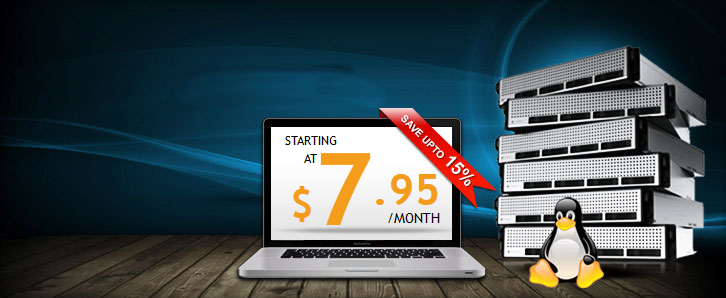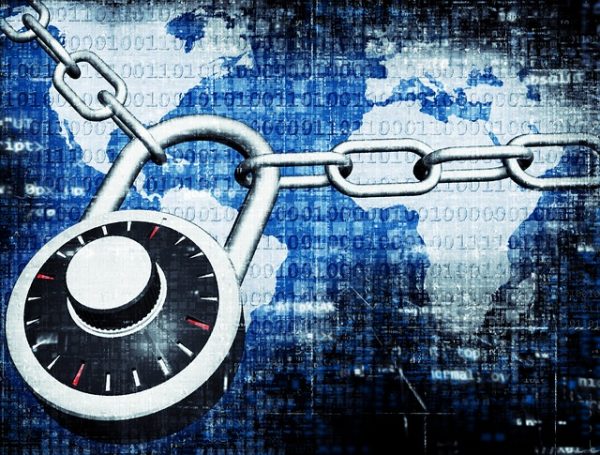A virtual private network (VPN) is a technology that provides you with an encrypted channel to access the internet. Basically, a VPN handles all your internet traffic instead of your internet service provider (ISP), though you still need the latter for internet connection.
But what are its benefits? Here are four key advantages of using a VPN.
1. Secure connection
We now live in a modern world where anyone with the proper tools can easily hack into computers from thousands of miles away. The moment you connect to the internet, your computer – or smartphone – becomes vulnerable to hundreds of malware, viruses, and unwanted eyes, especially when using a public network.
Internet spies are everywhere, unchecked and dangerous. Firewalls, virus scanners, and other software that promise internet protection can only do so much. A VPN protects your passwords, credit card information, personal details, and other sensitive info that you definitely don’t want strangers to get their hands on by encrypting them.
This means even if your connection gets compromised, all information will still be safe. Cyber-attackers won’t be able to understand and take advantage of the intercepted information. Everything you send or receive while using a VPN is safe from malicious eavesdroppers.
Big companies who employ work-from-home employees also use VPN to make sure that employees don’t get spied on when they’re working from a remote location.
2. More privacy while browsing
A VPN also “hides” you from the internet by keeping your name, location, and IP address from everyone. In other words, you become anonymous while you browse the internet. Both the government and your ISP won’t see what you’re up to on the internet.
So don’t worry if your Saturday mornings involve Googling cute cats and watching YouTube videos meant for 5-year-old kids. A VPN makes sure that such questionable activities remain a secret between you and the VPN provider.
3. Bypass location-based or blocked content
Don’t you just hate it when the school or office network is configured to block access to social media websites like Facebook and Twitter? Outrageous right? I mean, what were they thinking? But with a VPN, you will be able to go around this, ahem, “problem.”
That may seem like just a trivial matter, but what about if you live in a country where the government routinely blocks access to certain websites or other online resources for whatever reason? For example, in China, the government enforces a lot of restrictions on internet use. There’s also Saudi Arabia, which has a long list of blocked websites.
And yes, let’s not forget about YouTube videos that are not available in your country. There are also similar online services where users living in a specific country get the cold shoulder treatment. A VPN grants you access to websites that are normally not available in your country.
4. Worry-free downloading
This is kind of related to number two (privacy). By using a VPN, your download history won’t be under scrutiny by either your ISP or the government. In some countries, users can easily download anything and everything from the internet via torrent or file-hosting websites. It doesn’t matter whether the content is legal or illegal.
However, it some countries, illegally downloading or file-sharing of copyrighted content like music, movies, and PC games could get you slapped with a criminal case or a hefty fine. Remember, a VPN essentially turns you into an anonymous user on the internet by hiding your name, location, and IP address. This gives you more freedom when it comes to downloading stuff on the internet.
Hopefully, after reading these four VPN benefits, we were able to convince you to use a VPN. Better safe than sorry, right? Besides, VPN service isn’t really a bank-breaking investment. Contact us with any questions you may have.


